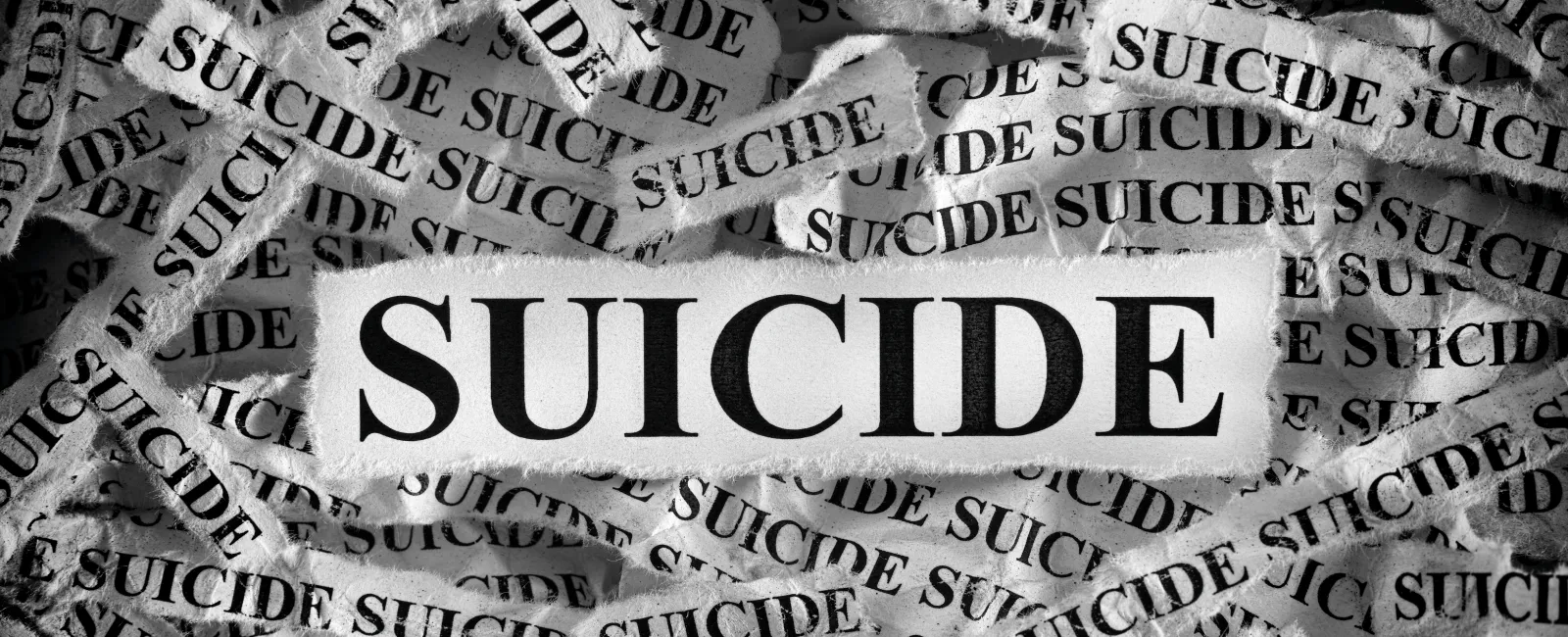There is a lot to become stressed about in the current events going on throughout the world right now. There are massive fires, hurricanes, and extreme weather conditions occurring across the country. In addition to the natural disasters inflicting fear and damage, we are still adjusting to living life in a coronavirus pandemic, with spikes of positive cases still popping up.
The impact this pandemic has had on mental health has caused an increase in depression, anxiety, substance abuse, and increased suicide risk.
With Suicide Awareness Day being observed just last week on September 10th, and throughout the month, it is important to recognize the impact the ongoing coronavirus pandemic has had on people's mental health, including an increased risk of suicide. In the Morbidity and Mortality Weekly Report from the CDC,
"During June 24-30, 2020, U.S. adults reported considerably elevated adverse mental health conditions associated with COVID-19. Younger adults, racial/ethnic minorities, essential workers, and unpaid adult caregivers reported having experienced disproportionately worse mental health outcomes, increased substance use, and elevated suicidal ideation."
The Centers for Disease Control and Prevention CDC recognizes the strain this ongoing pandemic has created on people's mental health everywhere. According to the CDC, coping with stress during an infectious disease outbreak can sometimes cause the following:
- Fear or worry about your own health and the health of your loved ones, your financial situation or job, or the loss of support services you rely on.
Changes in sleep or eating patterns.
Difficulty sleeping or concentrating.
Worsening of chronic health problems.
Worsening of mental health conditions.
Increased use of tobacco and/or alcohol and other substances.
With the above examples, it is easy to see how they can create an increased risk of suicide, even more so if combined with a person's history of having experienced violence, abuse, bullying, and substance abuse.
The Importance of Suicide Prevention Awareness
If you are having suicidal thoughts or suspect someone close to you is, please get help. There are several resources available, including:
1-800-273-TALK (8255) for English, 1-888-628-9454 for Spanish, or Lifeline Crisis Chat
Healthcare Compliance Pros recognizes the importance of suicide prevention awareness, which is why we have training available for our clients, Suicide Prevention. This course was recently updated and provides organizations with training to identify and recognize suicidal signs and how to respond and support an unfortunate suicide event.
To add this training, please contact your client representative or call 855.427.0427
For assistance with compliance during this pandemic, please check out our COVID-19 Toolkit which is filled with several resources that can help.

